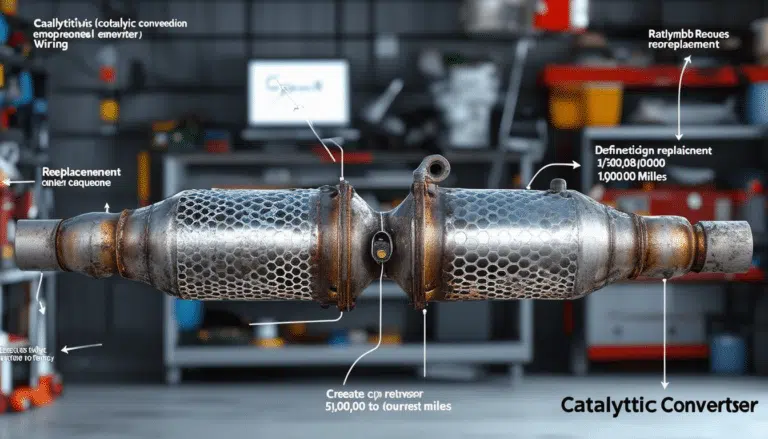Measures to reduce energy consumption in companies

Energy sustainability has become a fundamental priority for companies in a world where excessive energy consumption and environmental impact are growing concerns. Implementing measures to reduce energy consumption not only contributes to environmental protection but can also generate significant savings in operational costs. In this context, it is essential for companies to assess their current practices and adopt effective strategies that promote more responsible and efficient energy management.
The adoption of measures to reduce energy consumption in companies is crucial not only to lower costs but also to contribute to a more sustainable environment. Implementing efficient practices can significantly transform resource use in each organization, positively impacting the budget and the ecological footprint. Below are various strategies that can be easily implemented in any business environment.
Use of smart technologies
The incorporation of smart devices is an essential step towards energy efficiency. These systems allow for real-time monitoring of energy use and automate consumption processes, thereby optimizing energy expenditure. Some examples include motion sensors for lighting and programmable thermostats that automatically adjust temperature based on occupancy of spaces.
Proactive maintenance of facilities
Proper maintenance of facilities and equipment can lead to considerable savings in energy consumption. It is advisable to conduct periodic energy audits that help identify areas for improvement. This includes reviewing the condition of thermal insulation, the operation of HVAC systems, and replacing any equipment that is not functioning efficiently.
Optimization of lighting use
The efficient use of lighting in workspaces is another important measure. Switching to energy-efficient LED bulbs is a simple solution that offers significant reductions in consumption. Additionally, it is recommended to maximize natural light during the day by designing spaces in a way that reduces the need for artificial light.
Control and reduction of electric appliance use
It is essential to turn off electrical equipment that is not in use. Implementing disconnection policies and raising employee awareness about the importance of this practice not only reduces consumption but also promotes a more conscious work environment. Additionally, it is useful to equip work areas with power strips with switches to facilitate disconnection.
Programming of climate control systems
The proper programming of heating and air conditioning systems is crucial. It is important to adjust these systems according to usage hours, reducing their operation when no personnel are present. Integrating climate control systems that adapt to outside temperature can also significantly improve energy efficiency.
Recovery of waste energy
The recovery of waste energy is a practice that involves harnessing the heat generated by equipment or industrial processes. This type of energy can be reused to heat water or spaces, thereby diminishing the need for additional energy for these functions. Implementing recovery systems can result in a very positive impact on the energy balance of the company.
Awareness and training of personnel
Education in energy efficiency is vital. Organizing workshops and training sessions for personnel helps raise awareness about responsible energy use. Promoting a corporate culture that values sustainability can lead each employee to take part of the responsibility in reducing energy consumption.
Investments in efficient equipment
Investing in energy-efficient equipment is one of the most effective long-term strategies. Although the initial investment can be significant, the return in the form of savings on energy costs typically compensates for this expense quickly. Prioritizing the purchase of machinery and appliances with energy efficiency certifications should be part of any company’s purchasing policy.
Use of renewable energies
Integrating renewable energy sources into the operations of the company not only reduces conventional energy consumption but can also offer significant tax benefits. Installing solar panels or utilizing wind energy, whenever feasible, will minimize reliance on non-renewable sources and favor commitment to a more sustainable future.
Investing time and resources in implementing these measures is not only beneficial for the company’s finances but also represents an important step towards a business model more committed to sustainability and environmental responsibility. For more information on the proper maintenance of tires that influences energy consumption, visit this link.
Moreover, to better understand the tax deductions available for automobile expenses, we invite you to visit this link. If you are interested in learning about innovations in the field of energy efficiency, feel free to check this resource and understand the importance of education in energy efficiency by visiting here. Finally, for effective strategies for optimizing fuel consumption in vessels, access this article.
Companies face the ongoing challenge of reducing energy consumption, not only for economic reasons but also due to their responsibility towards the environment. Implementing effective measures not only enhances sustainability but also optimizes operational expenses, resulting in a competitive advantage in today’s market.
One of the simplest and most effective actions consists of using smart devices. These devices allow for a more precise control of energy consumption by automatically adjusting lighting and temperature based on occupancy and needs. Likewise, replacing traditional lighting with LED technology can significantly reduce electrical consumption, providing a more durable and efficient alternative.
The energy audit is another crucial step that companies should consider. Conducting a detailed analysis of current consumption can help identify areas for improvement and establish a clear action plan for expense reduction. Furthermore, improving the thermal insulation in facilities can lead to significant savings in heating and cooling costs.
On the other hand, fostering a culture of energy awareness among employees is fundamental. Promoting habits such as turning off unused equipment and minimizing unnecessary electricity use can contribute to the overall efficiency of the company. Continuous training on best energy practices is essential to keep everyone informed and motivated.
Finally, it is vital to consider investment in efficient technology and renewable energies as parts of a long-term strategy. These actions not only help reduce energy consumption but also assist in building a responsible corporate image committed to sustainability.




